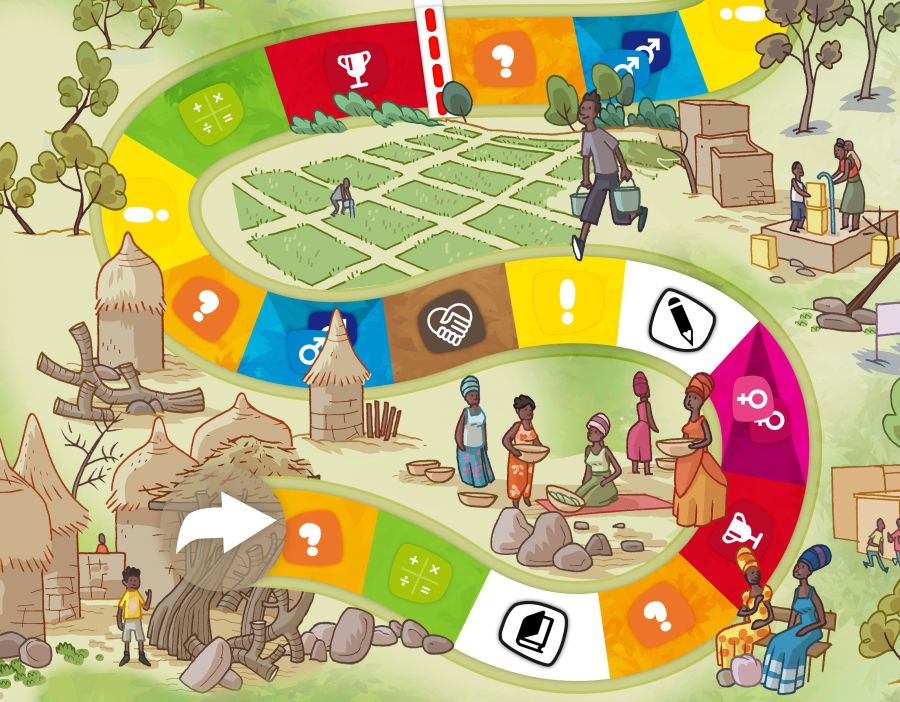
April 2024
As the Easter vacations draw to a close, it's a good time to reflect on the profound importance of education and its lasting impact on individuals and societies. Education is not just about acquiring knowledge, it's a transformative journey that shapes minds, nurtures talents and fosters critical thinking.
Just as Easter symbolizes renewal and rebirth, education offers the promise of personal development and societal progress. It enables people to break free from their limitations, equipping them with the skills and knowledge they need to meet life's challenges and seize its opportunities. Through education, people acquire the ability to express themselves, pursue their passions and contribute meaningfully to their communities.
What's more, education is a beacon of hope, lifting people out of poverty and ignorance. It is a powerful tool for social mobility, offering marginalized people the chance to overcome their situation and build a better future for themselves. By investing in education, we are investing in the promise of a more inclusive and equitable world. Because, above all, education is a right. Unfortunately, 244 million children and young people between the ages of 6 and 18 worldwide are deprived of this right. The continents most affected by this considerable problem are Africa and Asia.
Just as Easter eggs are hidden treasures waiting to be discovered, knowledge is a treasure waiting to be unlocked. Education opens the door to new possibilities, inspiring curiosity and fueling innovation. It lays the foundations for the scientific breakthroughs, artistic masterpieces and technological advances that shape the course of history.
As the celebrations of the Easter season draw to a close and we welcome spring, let us also celebrate the transformative power of education. Let us recognize its ability to uplift, inspire and unite us. By fostering a culture of lifelong learning and investing in educational opportunities for all, we can create a brighter, more prosperous future for generations to come. Debasish Mridha said it best: "Education is the beginning of transformation. It is a journey from darkness to light, from ignorance to knowledge, and from limitation to limitlessness."
Thank you for helping us to promote education around the world and provide better opportunities for children, families and communities!

Global education - explaining why 244 million children and young people have no access to education

a board game on access to education in Africa
In 2012, CSI created a board game about access to education in Africa. The game was a huge success. Last year, the global education team reworked all the LEKOLI materials, both content and form, and an English translation was added. We are pleased to announce that the printing of the "large model" and "small model" games is now underway! Lekoli is designed both as a family game, and as a basic tool for animation or further reflection on topics related to access to education. The game touches on many concepts and the game is even more enriching when preceded or followed by a discussion with the children.
A great way to combine learning and play!



